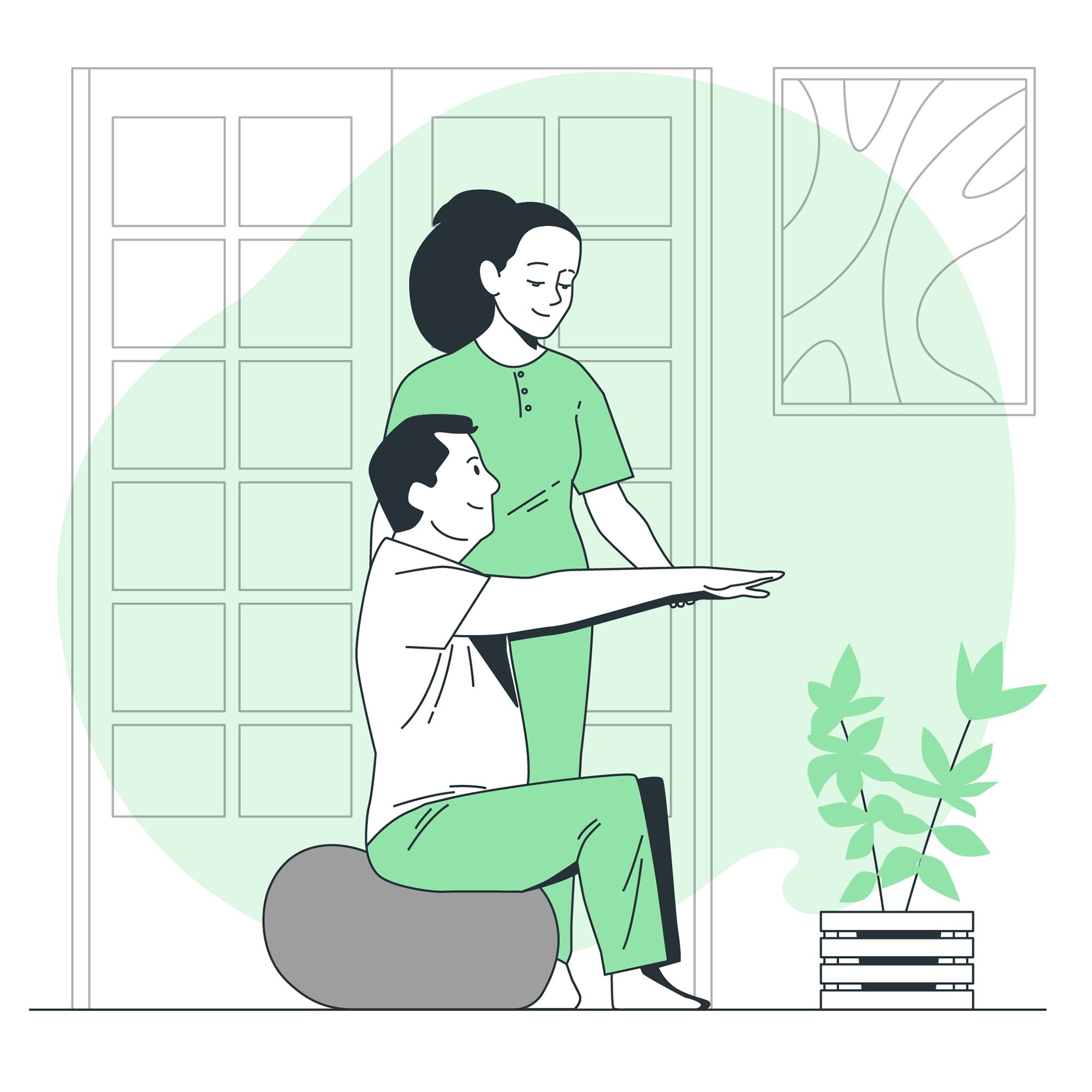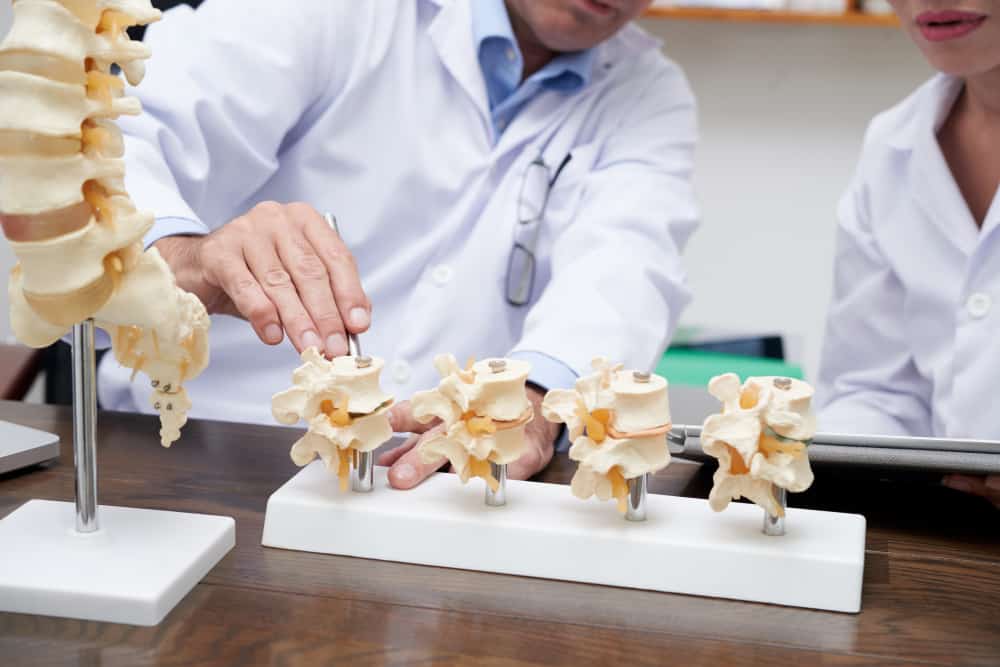Understanding the Connection Between a Stiff Upper Back and Breathing Difficulty
Sreevarsha Veedu, Physiotherapist
September 12, 2023 | News

Breathing is a fundamental and involuntary process that we often take for granted until it becomes a challenge. While many factors can contribute to breathing difficulties, one lesser-known culprit is a stiff upper back. In this article, we will delve into the relationship between a stiff upper back and breathing difficulties, exploring how these two seemingly unrelated issues are more connected than you might think.
The Anatomy of Breathing
Before we can understand how a stiff upper back affects breathing, it’s essential to grasp the basics of the breathing process. When we breathe, our diaphragm, a dome-shaped muscle located just below our lungs, contracts and relaxes. This movement creates changes in pressure within the chest cavity, allowing air to flow in and out of the lungs.
The Role of the Upper Back
You might wonder, what does the upper back have to do with this process? Well, the upper back plays a crucial role in facilitating proper breathing. The muscles surrounding the upper back and ribcage are responsible for expanding and contracting the chest during breathing. When these muscles are supple and flexible, they allow for a full range of motion, making it easier for the diaphragm to do its job.
The Stiff Upper Back-Breathing Difficulty Connection
Now, let’s explore how a stiff upper back can lead to breathing difficulties:
- Restricted Chest Movement: When your upper back is stiff, it limits the range of motion in your chest and ribcage. This restriction can impede the expansion of your lungs during inhalation, making it more challenging to take in an adequate amount of air.
- Poor Posture: A stiff upper back often goes hand in hand with poor posture. Slouched shoulders and a rounded upper back can compress the chest, reducing the space available for your lungs to expand fully.
- Muscle Tension: Stiffness in the upper back can also lead to muscle tension and discomfort. These tense muscles may affect your ability to breathe comfortably, as the body’s response to discomfort can include shallow breathing.
- Reduced Oxygen Intake: When you can’t take deep, full breaths due to a stiff upper back, you may not be getting enough oxygen into your bloodstream. This can lead to symptoms of breathlessness and fatigue.
Addressing the Issue
If you suspect that a stiff upper back is contributing to your breathing difficulties, there are steps you can take to alleviate the problem:
- Stretching and Mobility Exercises: Incorporate regular upper back and chest stretches into your routine to improve flexibility and reduce stiffness.
- Correcting Posture: Be mindful of your posture, and make efforts to maintain an upright position, especially when sitting or working at a computer.
- Breathing Exercises: Practice deep breathing exercises to strengthen your diaphragm and improve lung capacity.
- Seek Professional Help: If your breathing difficulties persist, consider consulting your Physiotherapist and Chiropractor who can provide tailored guidance and treatment.
Conclusion
Breathing difficulties can be caused by various factors, including a stiff upper back. Understanding the connection between these issues is the first step toward finding relief. By addressing upper back stiffness through stretching, improved posture, and breathing exercises, you can enhance your lung function and overall well-being. Remember, a healthy upper back can lead to easier, more comfortable breathing.
Recent post

Healing After Surgery: How Physiotherapy Accelerates Recovery

Chiropractic vs Physiotherapy: What’s Best for Back Pain?

Spinal Decompression Therapy: A Non-Surgical Solution for Back Pain Relief

The impact of high heels on spinal health and alternatives

The Connection Between Posture and Mental Health

The Role of Chiropractic Care in Sports Injury Recovery
You may also like

Is Running Bad For Your Knees?

Physiotherapy vs. Surgery: When Is Physical Therapy the Better Option?

YogaFest Event – February 2015

Seated Exercises to Improve your Posture

Should I see a chiropractor when I’m pregnant?

Have you ever noticed your shoes getting scuffed on the outer edges?
Recommended Posts

Understanding the Connection Between a Stiff Upper Back and Breathing Difficulty
by
Sreevarsha Veedu, Physiotherapist
September 12, 2023

Should you only see a Chiropractor when you are in pain?
by
Dr. Imran Ali, DC MChiro
December 12, 2022

“Expat Woman” Web Review – June 2014
by
PureAdmin
June 4, 2014
